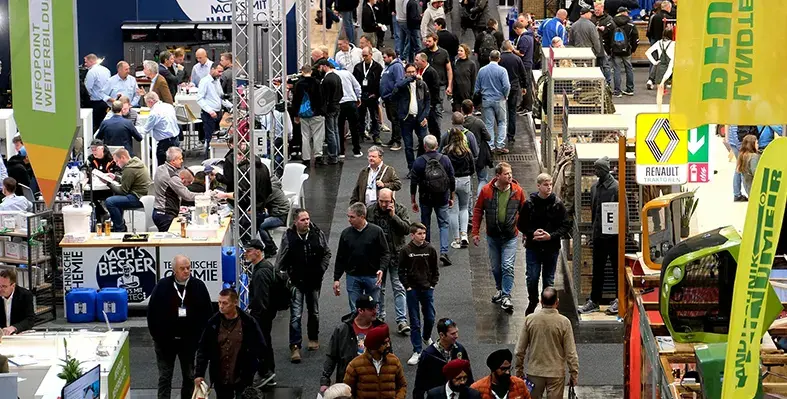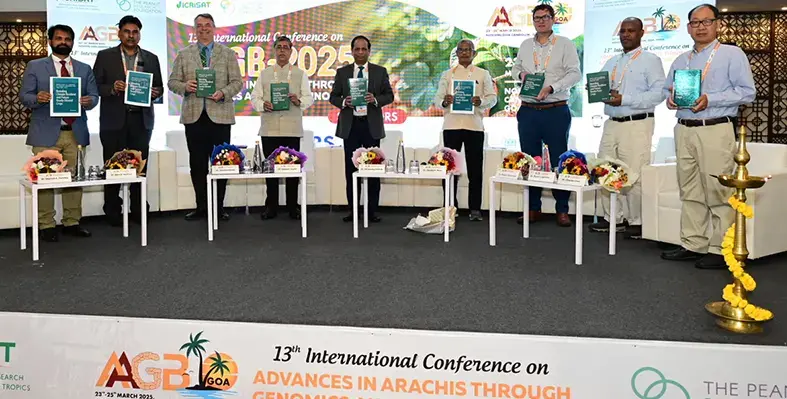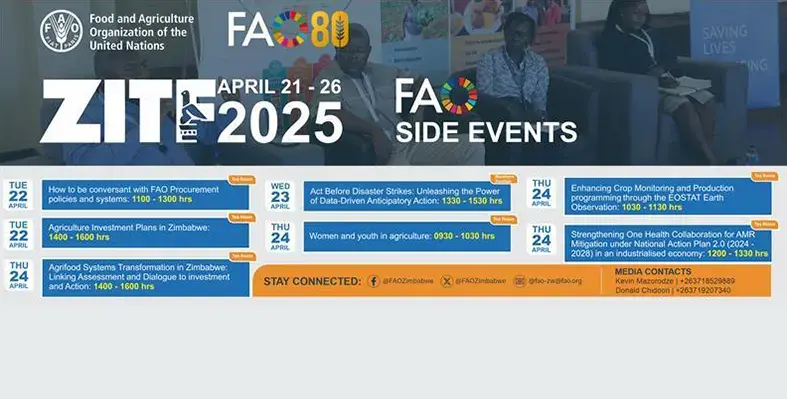
Youth leadership will be a core theme of the Africa Food Systems launch. (Image source: Adobe Stock)
Senegal recently announced the launch of the Community Agricultural Cooperative (CAC) during the official Forum launch event at the Grand Théâtre de Dakar
The initiative marks a bold commitment to youth-led, community-driven agricultural transformation across Africa. The CAC programme, spearheaded by Senegal’s Ministry of Agriculture, Food Sovereignty and Livestock, is designed to strengthen local agricultural ecosystems through scalable cooperative models that prioritise food sovereignty, inclusive growth, and innovation. It will be showcased at the full Forum convening later this year.
Designed to strengthen local agricultural ecosystems, the CAC programme, spearheaded by Senegal’s Ministry of Agriculture, Food Sovereignty and Livestock prioritises food sovereignty, inclusive growth, and innovation through scalable cooperative models. The launch event marks the start of the Forum’s 2025 preparations, culminating in the main summit from 29 August to 5 September 2025 in Dakar, Senegal.
Youth leadership will be a core theme of the Africa Food Systems launch. Senegal, with one of the world’s youngest populations and youngest governments, is positioning itself as a catalyst for continental renewal. Dr Mabouba Diagne, Senegal’s Minister of Agriculture, Food Sovereignty, and Livestock highlighted the urgency and opportunity ahead.
“Every day, across our continent, young farmers, entrepreneurs, and technologists are rethinking what is possible," said Amath Pathe Sene, managing director of the Africa Food Systems Forum. "Dakar 2025 will be a catalyst for action, led by the energy and creativity of Africa’s youth. They are building the food systems of tomorrow, and it is our responsibility to back them with everything we have.”








